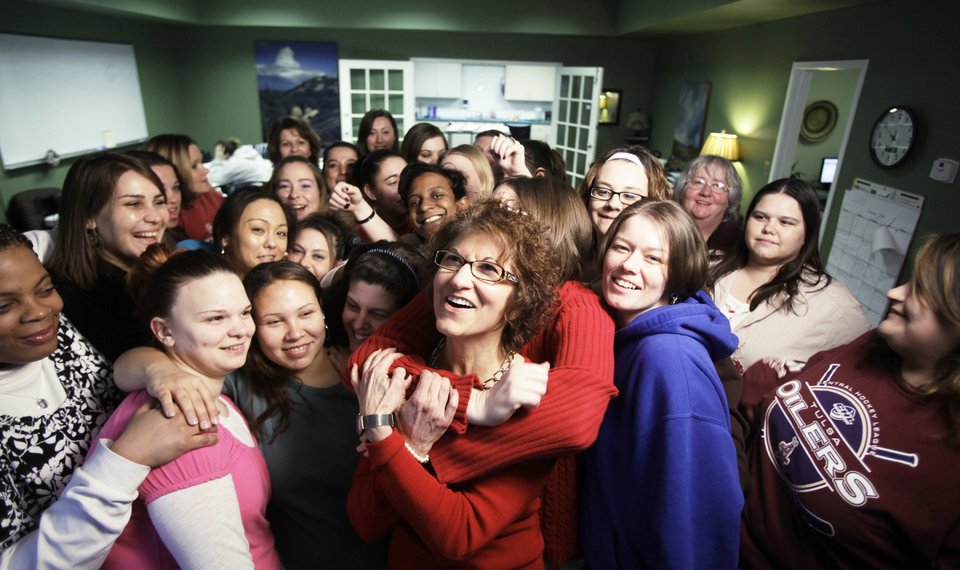
Here’s information from the press release announcing an award to the Massachusetts Department of Correction of more than $1.2 million in federal funds intended to “treat opioid use disorder among inmates effectively and humanely . . . “
These funds are part of a Justice Reinvestment Initiative grant, from US Department of Justice’s Bureau of Justice Assistance. Over a period of three years, the money will support a Massachusetts DOC program called Managing Opioids in Prisons: Treatment & Prevention. As the release states, “The goals of the project are to reduce crime and violence, associated costs, and recidivism rates by improving prison safety and promoting the health of inmates with opioid use disorders prior to their release.” [1]
Pre- and post-release support works
At Chess Health, we’re delighted by this news. We believe that this kind of pre- and post-release support program has the power to help break the cycle of addiction, saving lives and helping preserve families. We know this works, because of our experience with the non-profit group Women in Recovery, and their work with women prisoners being released from the Oklahoma corrections system.
Oklahoma has a higher-than-average population of women in prison; these women, among them, have nearly 7,000 children. It’s a sad fact the children of incarcerated parents are more likely to be incarcerated themselves. As noted in a report on the chess.health web site, [2] Women in Recovery (WIR), a part of Tulsa-based Family and Children’s Services, “works closely with the criminal justice system and community partners throughout the area to provide supervision, substance abuse and mental health treatment, as well as education, workforce readiness training, and family reunification services.”
Oklahoma Women in Recovery rely on A-CHESS

WIR has incorporated our CONNECTIONS app as an integral part of its intensive treatment and recovery program. The app, which is made available to each program participant, provides condition-specific content and resources 24/7. The CHESS platform helps participants keep in close contact with their support network of peers and caregivers.
Mimi Tarrasch, Executive Director of WIR, has this to say about the app: “We keep finding new ways to use CHESS. We’re now doing dual generational work to creative a connection between moms and their children to prevent the cycle of incarceration among families.” Before adopting CHESS, WIR depended on phone calls to engage women in the program. It was difficult for their limited staff to do individual outreach, especially when phone numbers often change.
Using the app, WIR participants can access education and inspirational materials, connect with other participants and graduates, and use the BEACON feature to alert their support team if they need immediate help. Caregivers can monitor each woman’s progress, communicate through secure messaging, and even use GPS to help them avoid people and locations associated with dealers or fellow drug users from their former lives.
Mimi Tarrasch is delighted that WIR found such an effective resource, saying “We had spent four years trying to develop an app ourselves. Once we found A-CHESS, integration into our program was fast and we were quickly achieving results.” The Women in Recovery program has 140 participants, and 350 graduates.
Chess Health’s platform includes features that assist the administrators of drug addiction treatment and recovery efforts, including data aggregation to measure program success and apply for additional grants, and the ability to participate in “pay-for-success” contracts to assist with ongoing funding.
CHESS is a proven tool for success
Right now, thousands of substance use disorder (SUD) patients have access to the Connections app, and that number is growing through our partnerships with behavioral health organizations, rehab facilities, MAT providers, health systems and health plans.
Chess Health offers evidence-based technology addressing the crisis of Substance Use Disorder, from intervention to treatment to recovery.
[1] Press release – Massachusetts DOC Awarded $1.2M in Federal Funds to Tackle Opioid Addiction
https://www.mass.gov/news/massachusetts-doc-awarded-12m-in-federal-funds-to-tackle-opioid-addiction
[2] Women in recovery: Mental Health
https://www.chess.health/wp-content/uploads/2018/03/che-cs-womenInRecovery-EM180129-1.pdf
